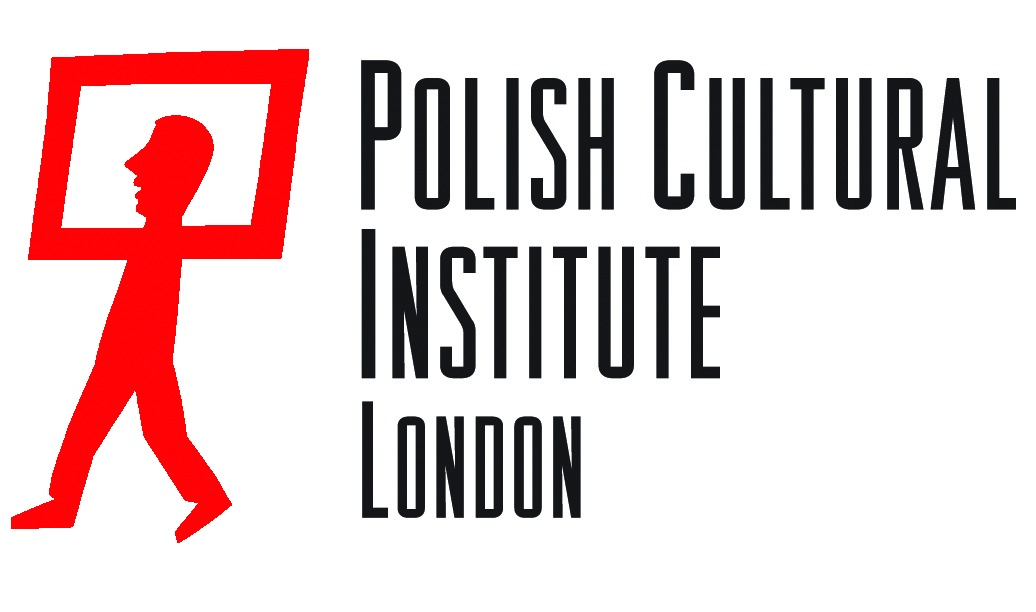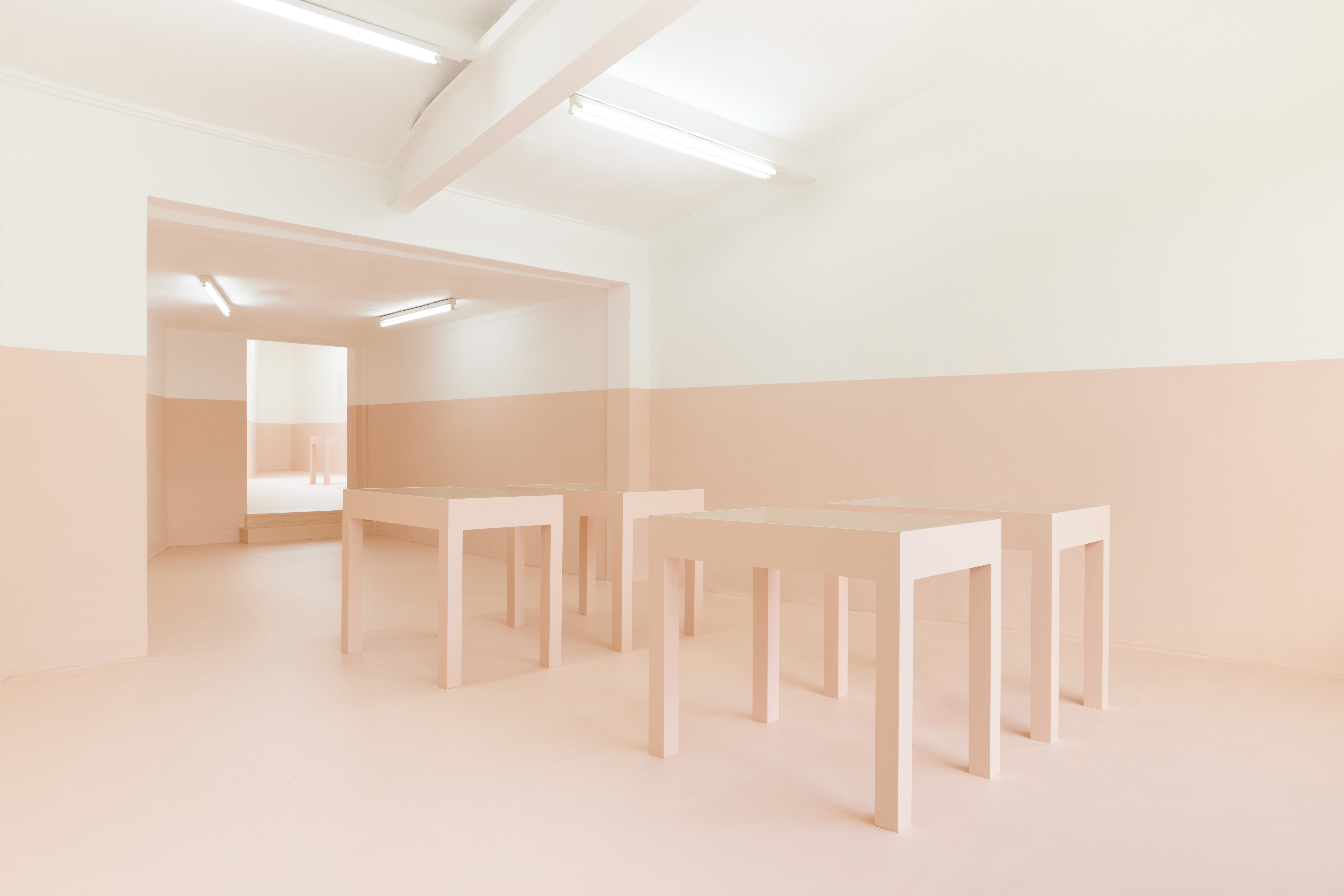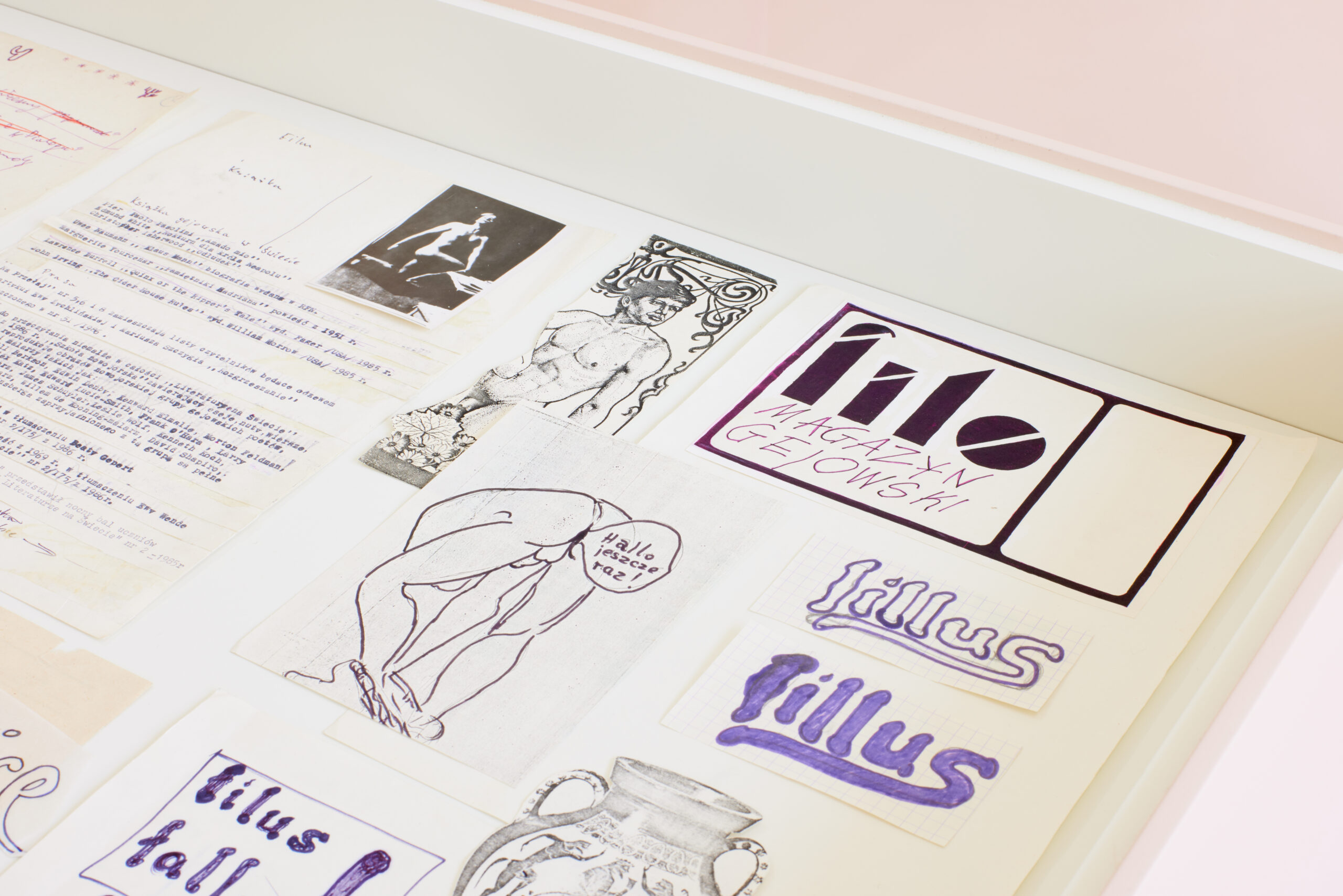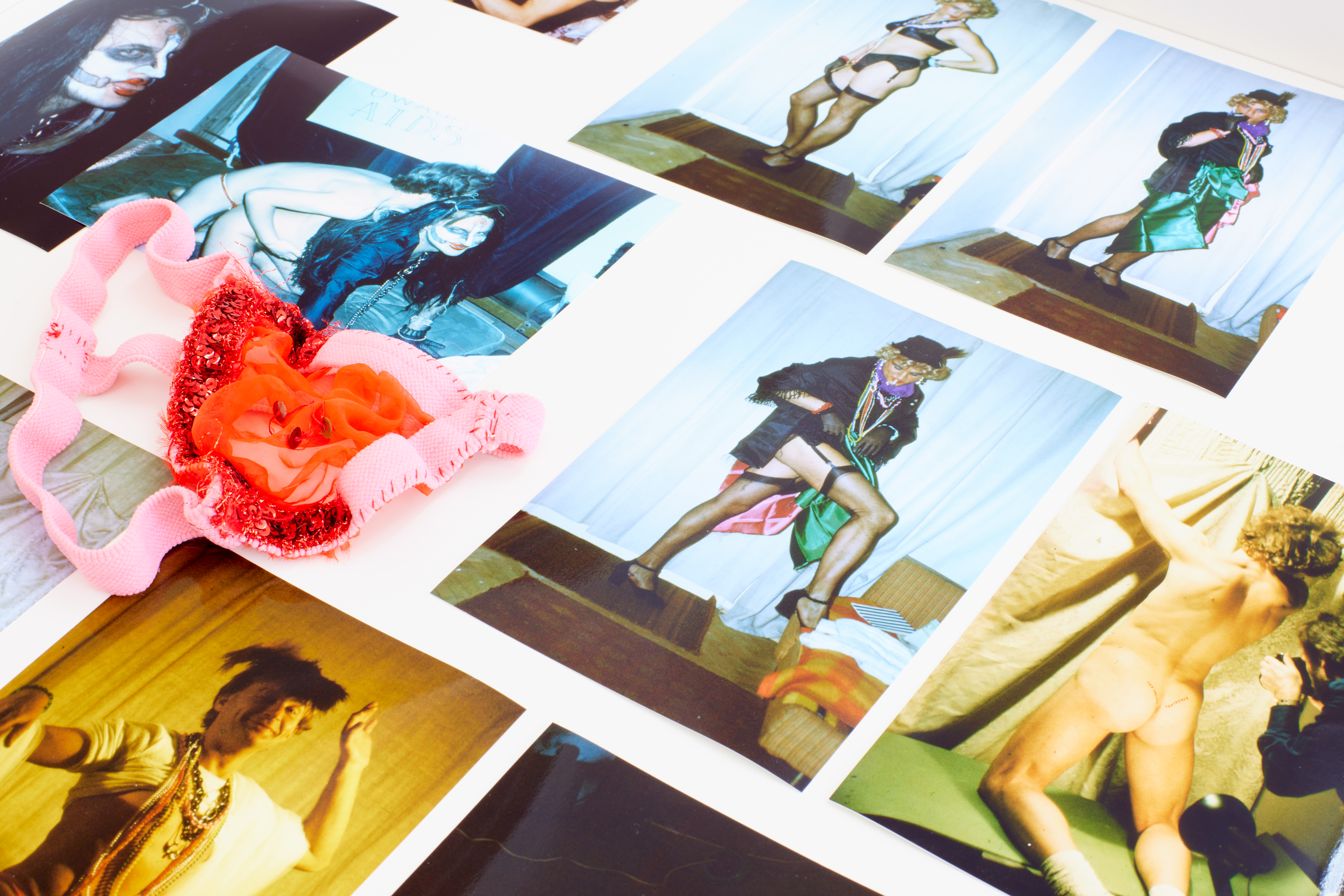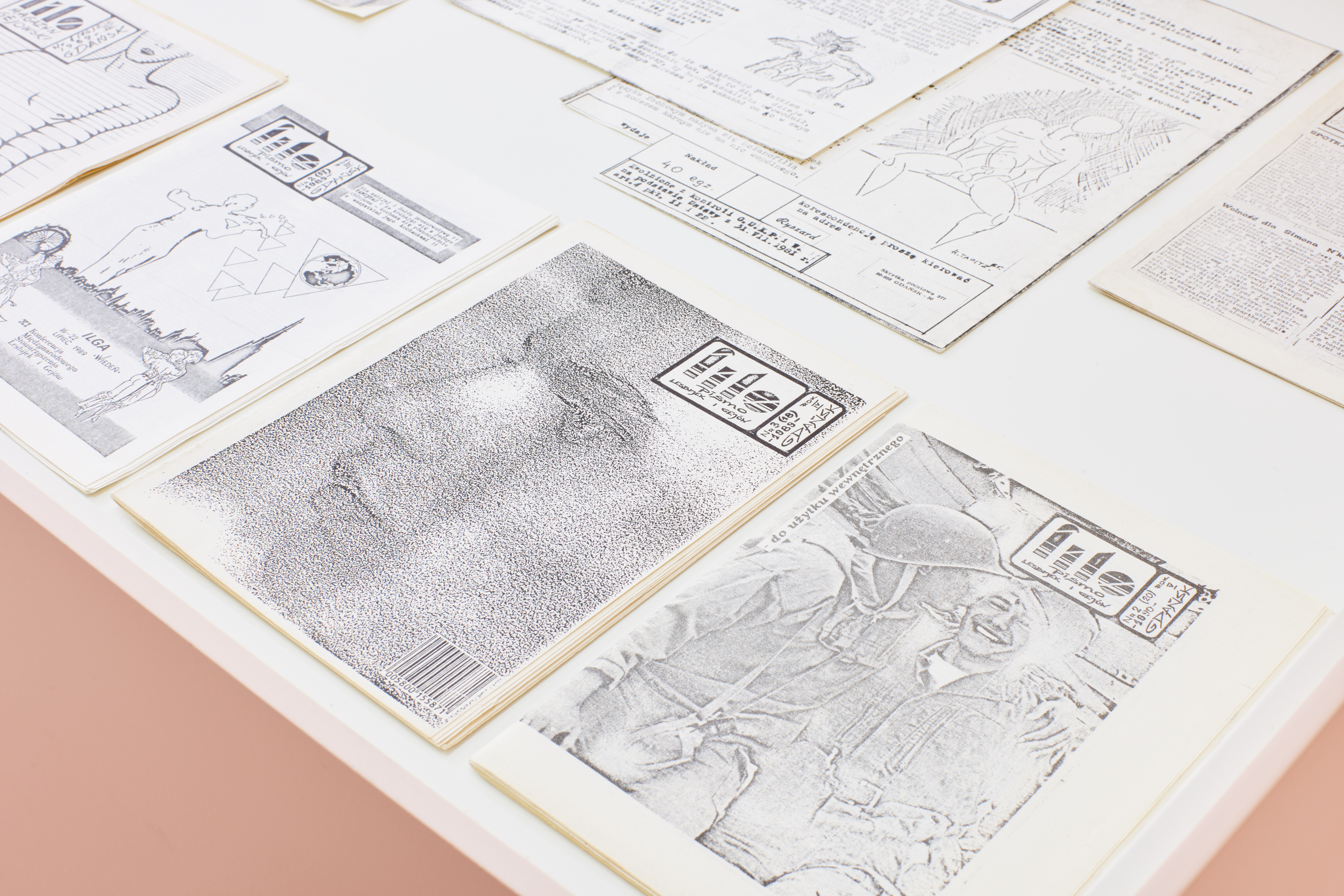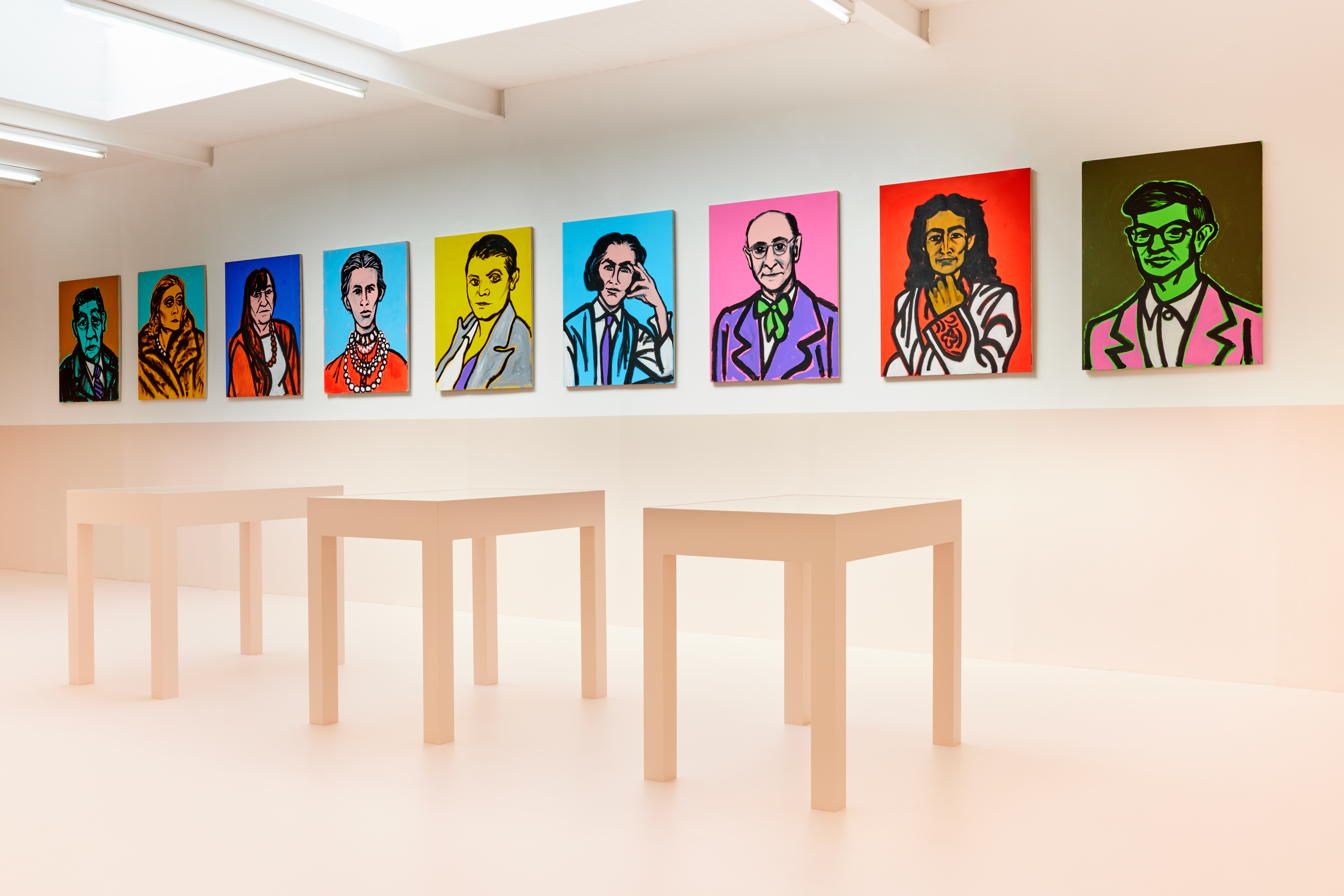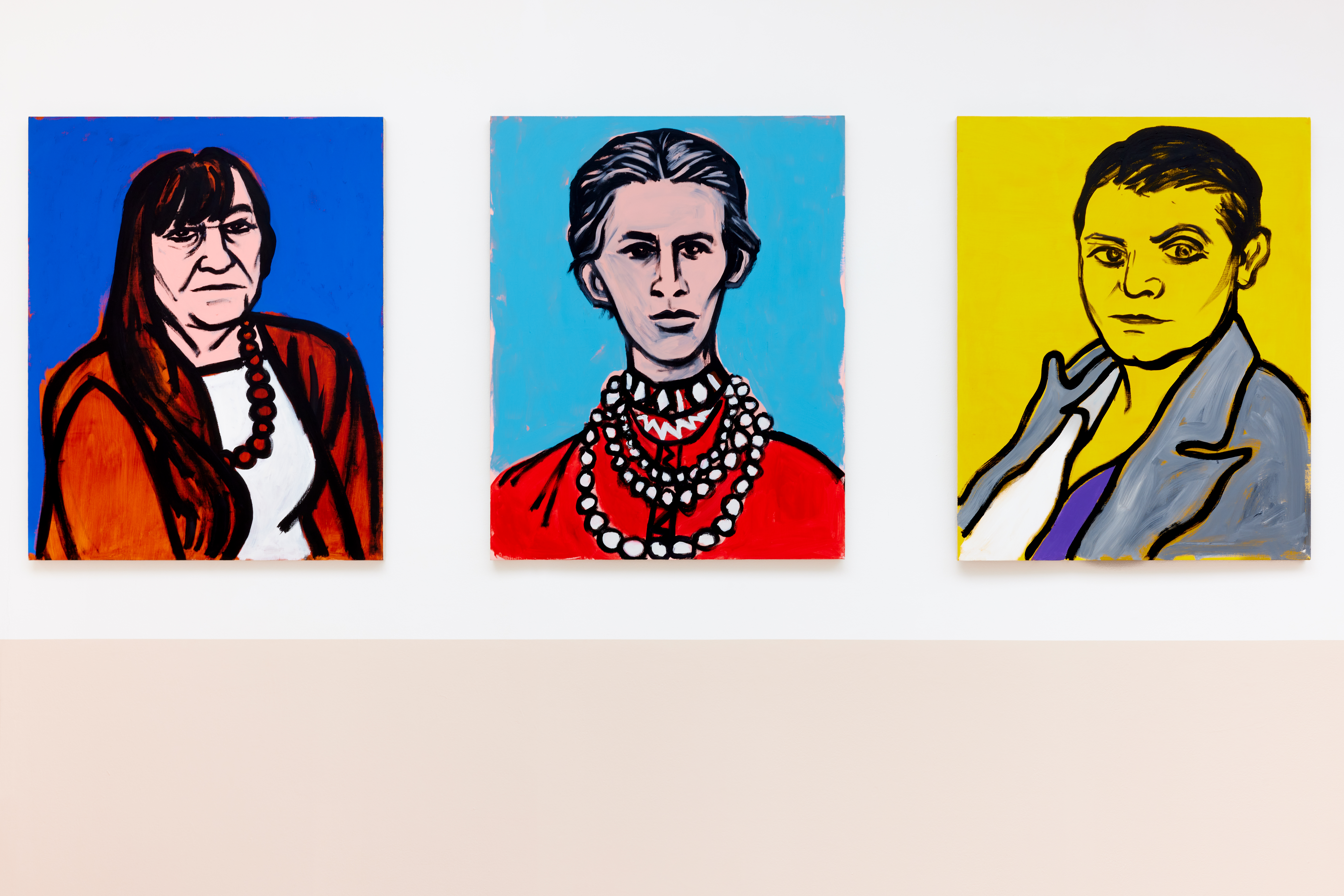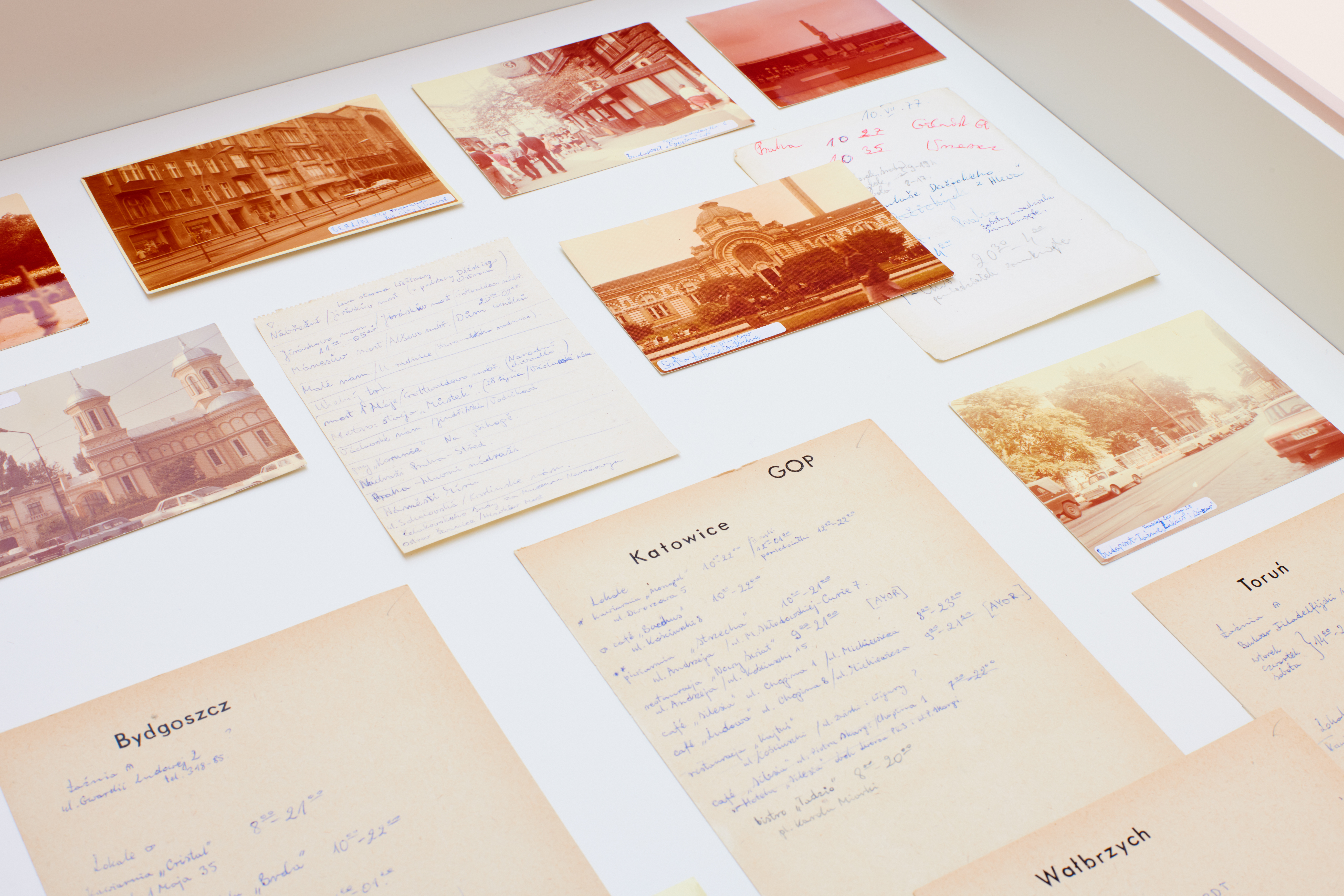Auto Italia presents Filo, a survey exhibition by Polish artist Karol Radziszewski. The exhibition features a rare collection of photography, publications and ephemera tracing the history of Filo, one of the first underground queer magazines in Central and Eastern Europe, founded by the Polish activist Ryszard Kisiel.
Kisiel began publishing Filo in 1986 in response to Operation Hyacinth, a nationwide operation by Poland’s Ministry of Internal Affairs in which the Secret Services focused on intimidating, persecuting and sanctioning sexual minorities. Its name is a Polish phonetic writing of the Greek word philo (friend, beloved), which Kiesel used to address his friends and lovers in encrypted letters. The magazine published articles on legal rights and sexual health, as well as homoerotic content and letters from its readers. Initially printed via photocopiers and distributed informally amongst friends, it was used to establish semi-public conversations on politics and sexuality through printed matter.
The dissemination of Filo was made possible by relatively relaxed social attitudes towards queer identities in Poland compared to other Eastern Bloc countries in the 1970s and 80s. This was in part due to the decriminalisation of homosexuality by The Second Polish Republic in 1932, a law that was overturned by Nazi Germany and later disregarded by the communist government.
The exhibition presents materials developed against a backdrop of state censorship and highlights queer cultural histories in Poland before, during and after the collapse of the Eastern Bloc. Original publications and readership correspondence are displayed alongside Kisiel’s research, which informed Filo’s editorial content. This includes Kisiel’s photographs and travel logs of journeys across the communist states, including Poland, Romania, the former Czechoslovakia (now the Czech Republic and Slovakia), Hungary, Bulgaria and East Germany, documenting spaces of public desire including cruising sites, bars, bathrooms and bathhouses. His accompanying notes detail names, addresses and directions to locations, revealing the expanse of queer cultural life within the perimeters of the Eastern Bloc.
In this show, Radziszewski presents the archive alongside a selection of paintings from his ongoing series The Gallery of Portraits. The works portray historically significant queer people from Central and Eastern Europe who faced discrimination or persecution, because of their views on sexuality, identity and politics, or were overlooked in mainstream canons of queer history. The works are hung in a format mimicking how portraits of influential politicians, writers and scientists were presented in public institutions across the Eastern Bloc, a style used to enforce communist propaganda.
Filo places two sets of artistic and historical materials in dialogue to explore methods of queer knowledge production emerging from Central and Eastern Europe. The exhibition attempts to reconstruct and reintroduce cultures and representations of sexual difference that emerged from the complex social and political context of Poland during and after the dissolution of the Eastern Bloc. It focuses on guerilla publishing tactics as a tool for transgression and emancipation, highlighting the diversity of queer cultural experience in the region.
The exhibition is accompanied by a programme of talks and performances with artists and historians from Estonia, Latvia, Lithuania and Poland. These will seek to broaden the investigation into historical and contemporary queer cultural histories in the region, and will be staged across the summer at Auto Italia and Edinburgh Arts Festival.
The archival material, descriptions, synopses and shot lists are provided jointly by Karol Radziszewski and the Queer Archives Institute.
Filo is commissioned and produced by Auto Italia, London in partnership with Edinburgh Art Festival and supported by Polish Cultural Institute.
Auto Italia’s commissions are made possible by our Exhibition Circle and Member supporters.
Karol Radziszewski (b. 1980, Poland) is a multidisciplinary artist, working across film, painting, photography and installation. His research practice cross-references cultural, historical and political records with a specific focus on queer discourse in Poland. In 2015, Radziszewski founded the Queer Archives Institute, which is dedicated to the research and presentation of queer archives from Central and Eastern Europe. Radziszewski’s recent solo and group exhibitions include the Walker Art Center, Minneapolis (2023); Between Bridges, Berlin (2023); Museum of Modern Art, Warsaw (2022); Muzeum Sztuki, Lodz (2021); Museum of Contemporary Art Metelkova, Ljubljana (2020); CCA Ujazdowski Castle, Warsaw (2019); Tokyo Photographic Art Museum (2019); VideoBrasil, São Paulo (2016); Wroclaw Contemporary Museum (2012). He has participated in several international biennales, including PERFORMA 13, New York; 7th Göteborg Biennial; 4th Prague Biennial and 14th Baltic Triennial.

